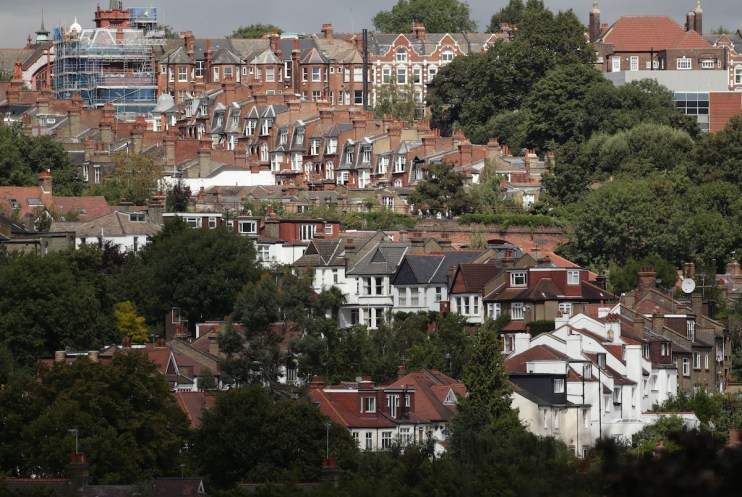Mortgage defaults expected to pick up as rising rates hits borrowers, say lenders

Banks and building societies expect the level of mortgage defaults to increase over the next quarter as the impact of rising interest rates filters through the economy.
In the Bank of England’s quarterly credit conditions survey, lenders reported “losses and default rates on secured loans to households increased in Q2, and were expected to increase in Q3”.
The survey, conducted between 30 May and 16 June, presents the views of lenders on changes in credit conditions. It does not reflect the Bank’s own view.
Lenders reported that the availability of secured credit – the vast majority of which is mortgages – decreased in the previous three months and was expected to fall further over the next three months.
Demand for house purchasing and remortgaging was also expected to fall over the next three months, although it had increased in the previous quarter.
The mortgage market has been hammered by rising interest rates, which has sent the cost of a two-year fixed deal jump to its highest rate since the financial crisis.
This in turn will pour pressure onto mortgage holders. Yesterday, the Bank of England said around 1m families will be paying at least an additional £500 a month to service their mortgage by the end of 2026.
Governor of the Bank of England Andrew Bailey admitted “there will be consequences if you increase interest rates”.
As rates have spiralled banks have been called on to do more to help borrowers. At the end of last month, the UK’s largest lenders came together to issue the Mortgage Charter, offering struggling borrowers a range of options to manage their mortgage payments.
Supply of unsecured credit, such as credit card lending, was also expected to decrease over the next quarter, although lenders think demand will rise slightly. More borrowers sought unsecured credit over the previous quarter.
Default rates on credit cards hadn’t changed and were expected to remain constant but lenders expect an uptick in default rates on other forms of unsecured lending.